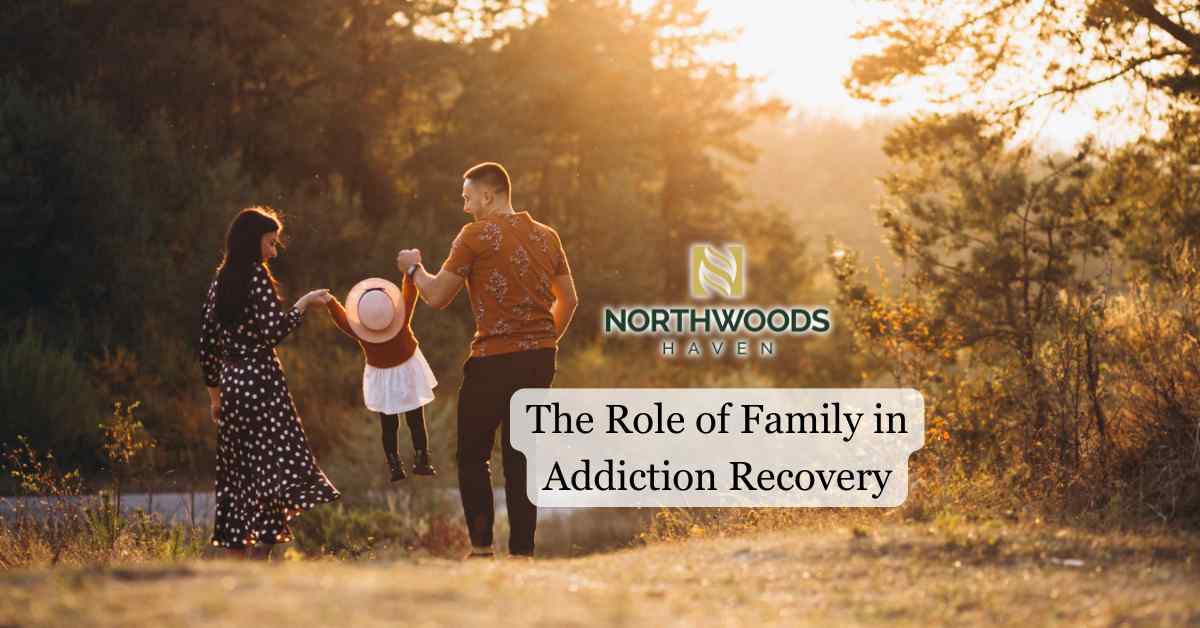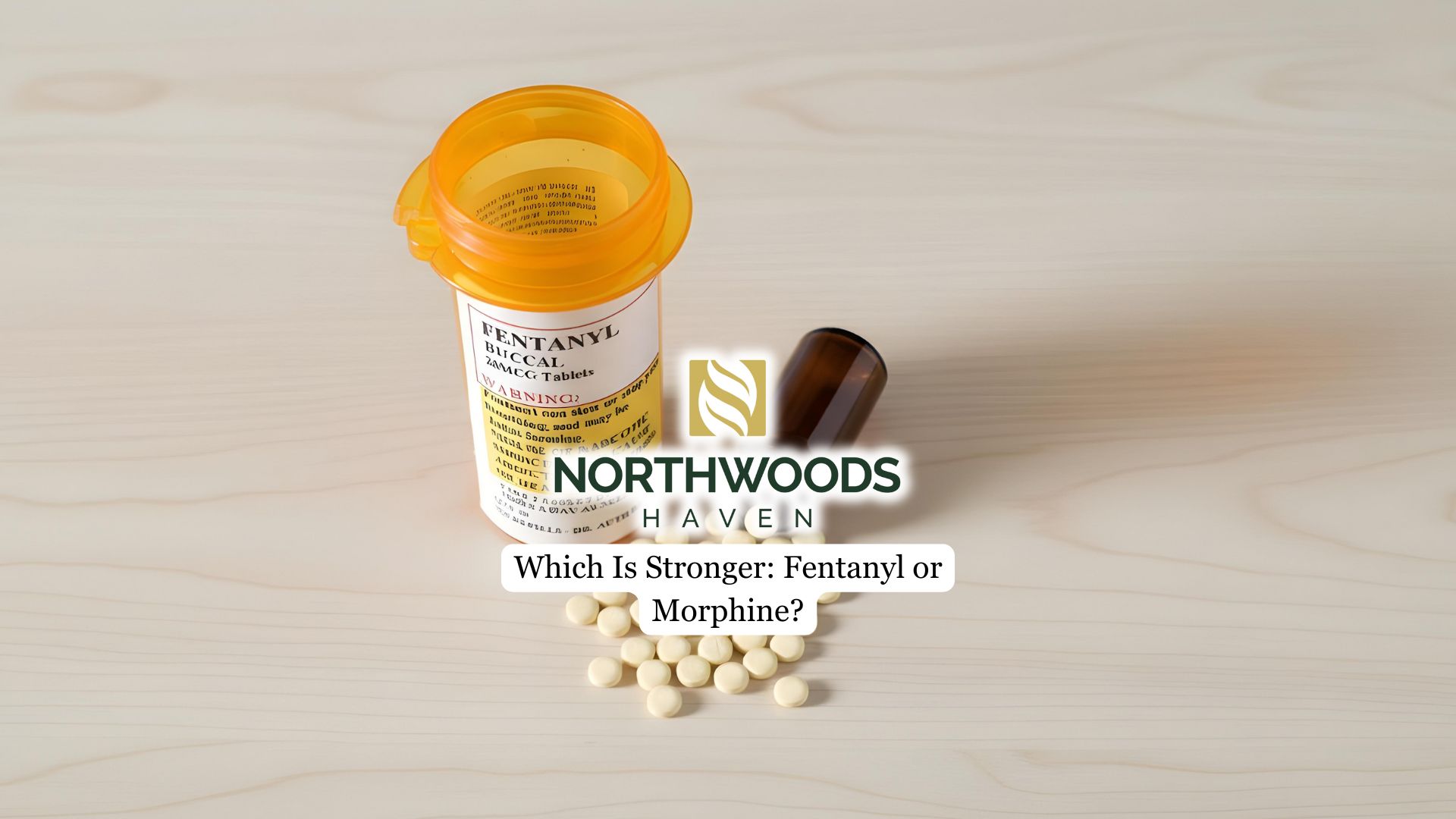Addiction is a widespread issue that can severely disrupt family dynamics, causing emotional and psychological stress for everyone involved. However, families also play a crucial and influential role in the recovery process. Their active participation can greatly enhance the effectiveness of treatment and support long-term sobriety.
This article delves into the various ways families contribute to addiction recovery, emphasizing the importance of understanding, communication, and ongoing involvement in fostering healing and resilience for both the individual and their family.
Understanding Addiction’s Impact
When addiction takes hold, it significantly alters family dynamics, leading to heightened emotional turmoil, stress, and dysfunction among family members.
They often grapple with intense feelings of guilt, anger, and despair, as they witness their loved one’s battle with addiction.
Children in families affected by addiction are particularly vulnerable, facing neglect and emotional instability that can hinder their developmental needs and lead to unhealthy attachment patterns.
Family members may unconsciously adopt dysfunctional roles, such as enabling or scapegoating, which perpetuate the cycle of addiction and contribute to further emotional distress within the family unit.
Recognizing addiction as a collective crisis is crucial, as it emphasizes the need for effective coping strategies and supportive dynamics to promote recovery for both the individual and the family as a whole.
It’s important to acknowledge that families of individuals struggling with addiction are at a higher risk of developing substance use disorders themselves, underlining the necessity for comprehensive support and education about addiction’s far-reaching impact on family life.
At Northwoods Haven Recovery we offer premium Intensive Outpatient Programs for addiction recovery in Minneapolis, MN which are tailored to the individual’s specific needs and the program’s schedule is also aligned with their availability.
Family Roles and Dynamics
Three key dysfunctional roles often emerge within families grappling with addiction: The Enabler, The Scapegoat, and The Hero. The Enabler shields the addicted person from consequences, inadvertently perpetuating their substance abuse. The Scapegoat bears the brunt of the family’s anger and frustration, while The Hero tries to maintain a semblance of normalcy amidst the chaos.
These family roles develop as coping mechanisms but ultimately contribute to the dysfunction.
To break this cycle, you must redefine your roles and establish healthy boundaries. This involves open communication about addiction’s impact and each member’s feelings. By learning to express yourselves honestly and respectfully, you can foster a more supportive environment.
Remember, enabling behaviors, such as making excuses or covering up for the addicted person, only prolong the problem. Instead, focus on creating a strong support system that encourages accountability and positive change.
Seek guidance from addiction professionals to navigate this process, develop effective communication strategies and therefore devote more effort and time to properly prepare for an IOP which would help you overcome substance dependency.
Supporting Recovery Journey
With healthier family roles and dynamics in place, you’re better equipped to actively support your loved one’s recovery journey.
Provide emotional support by fostering a nonjudgmental and empathetic environment that encourages open communication. This allows your loved one to express their needs, enhancing accountability and commitment to their treatment plan.
Establish clear boundaries to avoid enabling behaviors while still promoting accountability and support.
Participate in family therapy sessions to improve communication and develop effective coping strategies. These sessions help address relational issues stemming from addiction, strengthening family bonds and creating a more supportive recovery environment.
Celebrate small victories together to reinforce the commitment to a drug-free future, boost morale, and continue to set goals for a solid addiction recovery journey.

Fostering Healthy Communication
Open communication is vital for addressing issues related to addiction, as it reduces feelings of isolation and promotes understanding among family members.
Establishing healthy boundaries is crucial for maintaining clear communication and preventing enabling behaviors while encouraging accountability.
Family therapy sessions can significantly improve communication skills, allowing members to express their feelings and needs in a supportive environment. These sessions also equip families with the necessary tools to support recovery effectively.
Regular family meetings create a safe space for discussing progress, challenges, and emotions, reinforcing a united front in the healing process. During these meetings, it’s essential to encourage active listening and validate each other’s feelings, promoting empathy and strengthening relationships.
Seeking Professional Guidance
Trained therapists can help identify dysfunctional roles and improve communication within the family system through family therapy sessions.
These sessions provide a safe space for open dialogue, allowing family members to express their feelings and set healthy boundaries to support the recovery process. Professional guidance educates families about the nature of addiction, enabling them to understand its effects on behavior and relationships, which is crucial for effective support.
Engaging with professionals helps families develop coping strategies that promote emotional resilience and reduce enabling behaviors that can hinder recovery. Participating in support groups facilitated by professionals offers families a community of shared experiences and insights, fostering a deeper understanding of addiction and recovery dynamics.
Final Thoughts from Northwoods Haven Recovery
While family support can be a significant factor in the recovery process, it’s not a guarantee of success. Seeking the guidance of Northwoods Haven Recovery’s addiction professionals and maintaining a commitment to personal well-being are key for family members supporting a loved one’s recovery journey. At Northwoods Haven, we recognize the vital role families play in recovery and offer resources and guidance to support both individuals and their loved ones throughout the healing process.



